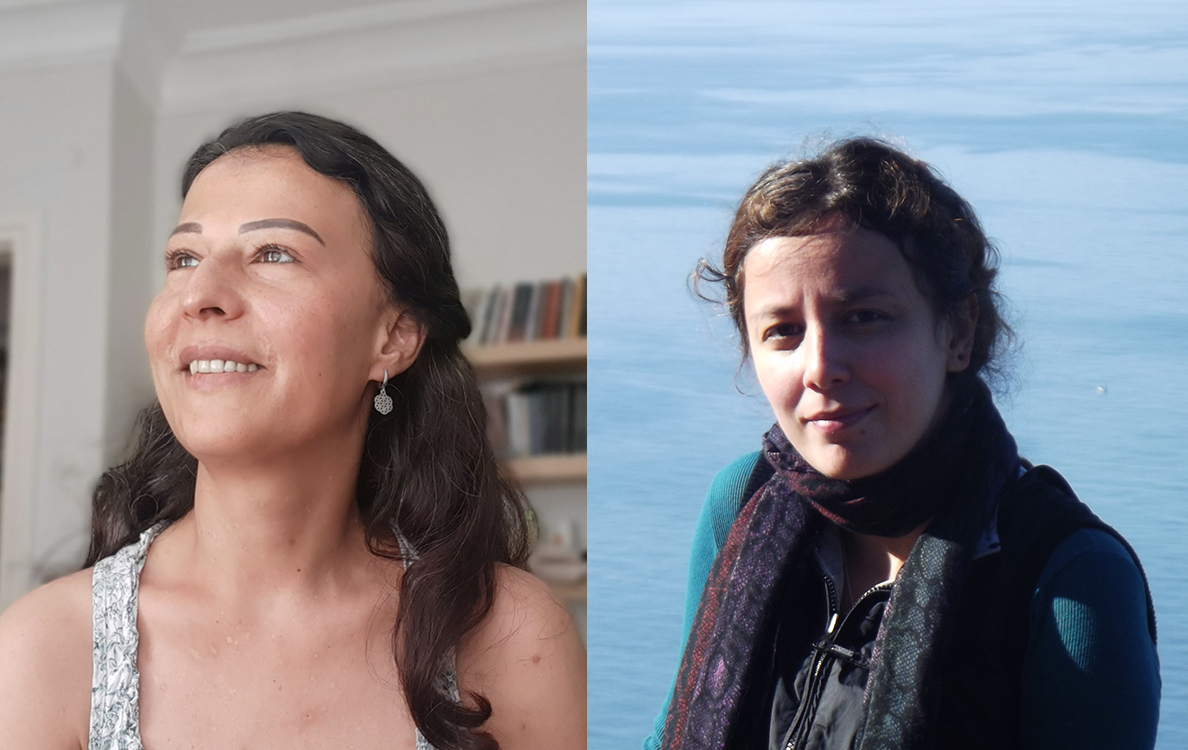Söyleşi: http://authors-translators.blogspot.com.tr/
Deniz Koç is a literary translator from Turkey. She speaks Turkish and English. She decided to answer our questions in English.
How did you start translating literature? What are “your” authors and languages?
My first literary translation was The Viceroy of Ouidah by Bruce Chatwin, whom I had discovered through my interest in travel literature. Prior to that I had studied literature at university and had worked for some years as an editor and translator for publishing houses, both in-house and freelance. I had already translated works of non-fiction –Women, Islam and Cinema by Gönül Dönmez-Colin; Feminist Film Theory by Anneke Smelik; and chapters ofPursuits of Happiness by Stanley Cavell. I later translated certain chapters of David Harvey’sSpaces of Capital; Eric Dursteler’s Renegade Women; Philip Roth’s Nemesis and the five stories from Goodbye, Columbus and Five Stories; and Oliver Sacks’ Oaxaca Journal andHallucinations. Recently I have been working on Russell Banks’ latest novel Lost Memory of Skin and Diane Broeckhoven’s novella A Day with Mr. Jules. I am also very excited as I will soon start working on a new Turkish translation of Mary Shelley’s Frankenstein. I have always worked from the same source and target languages, but the works and authors that I have translated have been diverse. This diversity is mainly because I try to make my living by translation.
What do you like/dislike about your job as a literary translator?
Personally, the only thing I dislike about this job is that in some ways it is not really a job, because it takes years of effort and a great deal of patience just to start earning enough to live by – at least this is the case in Turkey. But at the same time this is in a way what I like about this job: there is no obligation. As a translator I do this job out of a passion for literature and language and if ever I have to take on other work to earn my living, I willingly sacrifice my sleep to translate.
What is the most enriching experience you have had?
Here I could mention two important turning points in my professional life. Firstly, the establishment of the Turkish Association of Literary Translators (ÇEVBİR) brought many literary translators together to act in solidarity. This opportunity to meet fellow translators and to have a platform to share experiences made me realise that although this may be a solitary job, I am not alone. Also, attending the Banff International Literary Translation Centre was a very enriching experience, since I got to know some of the most dedicated and inspiring translators in the world who speak passionately about their art, authors and literature.
What made you feel closest to an author?
I imagine a shell covering each book; even if sentences are seemingly easy, it can be difficult to break through this shell. But once I get inside, it is as though I am possessed by the author. The sentences, expressions and dialogues are in tune with the way the author thinks, with their writing style. Overall this penetration into the author’s mind is an intimate experience and I grow fond of each writer during the translation process.
What have you found most difficult to translate?
I usually find unrelated or distant cultural references difficult to translate. I once had to research and understand the rules of baseball, a sport that is completely unknown in Turkey, in order to come up with an intelligible equivalent for just one sentence. Non-fiction texts can also be tough to translate in regard to terminology: several English terms may be given the same Turkish definition when you look them up in the dictionary, but as a translator you need to grasp the meaning of the whole and understand the nuances in order to select the correct equivalent.
What have you most enjoyed translating?
To continue from where I left off in my previous answer, I find the difficulties of translation fascinating. The process of translation may be agonizing because of the challenge, but at the same time this challenge is, in a way, what I am looking for in my work. Without this I would feel like a computer doing mechanical work. I remember enjoying the translation of Renegade Women: Gender, Identity, and Boundaries in the Early Modern Mediterranean, in which Eric Dursteler compiled old letters, bureaucratic documentation and government correspondence from the Venetian and Ottoman times. Although the book was a work of history rather than literature, it read like a page-turner, and while translating the narratives of the sultans or the renegade women of the title, I was able to make use of the language creatively by letting the characters employ peculiar words and somewhat old, traditional expressions. This made them sound more ‘real’ in my mind, and I loved giving them a voice.
Which author would you love to translate?
The first name that comes to mind is Janet Frame because of the poetic tone and emotional charge of her prose. Also I would have liked to translate James Baldwin’s novels.
If you were not a literary translator, what would you do?
I don’t know.
Translated authors:
Stanley Cavell, Bruce Chatwin, Gönül Dönmez-Colin, Eric Dursteler, David Harvey, Philip Roth, Oliver Sacks, Anneke Smelik





